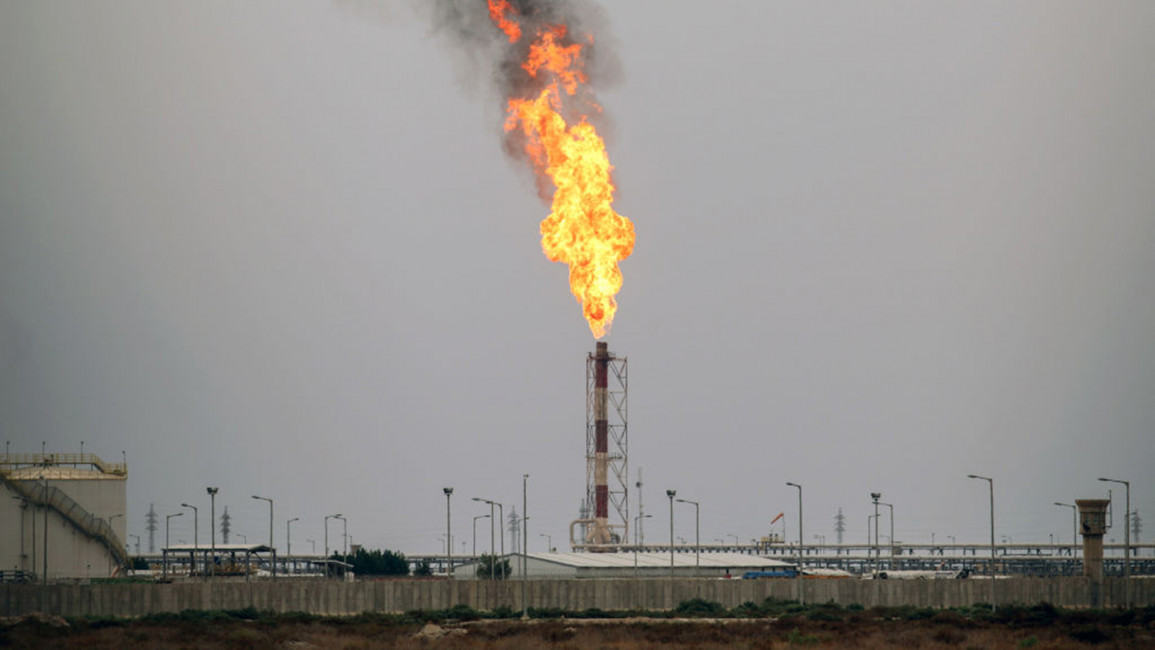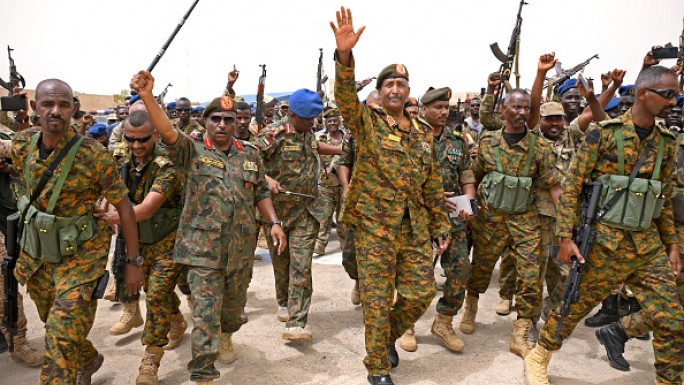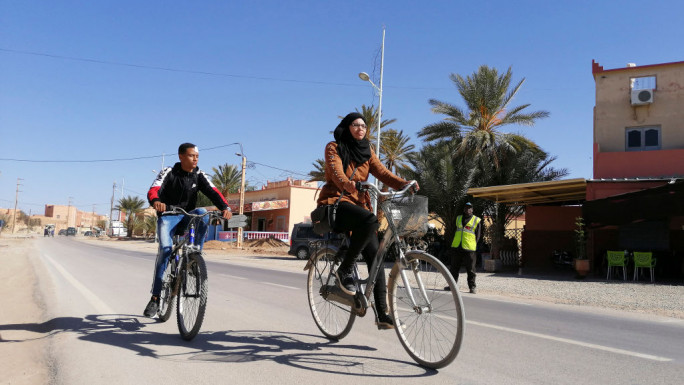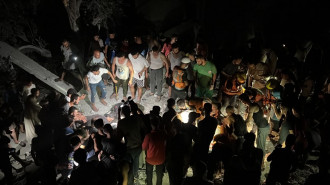Iraqi oil workers in Basra shut down key sites during mass protest against government's funding decision
Thousands of oil workers in Iraq's Basra shut down key oil sites on yesterday in protest of a government decision to shift the funding model of state-owned oil companies from self-financing to a centralised system that increases the state's share of their revenues.
The demonstrations are a response to policy changes that workers fear could lead to the privatisation of oil and gas companies, reduce incentives, and potentially cause financial instability in Iraq's vital oil sector.
The protests, which began early in the morning, saw demonstrators closing several major oil sites, including North and South Rumaila, Burjesia, and the Makina site. Footage shared on social media and reports from local news outlets highlight the scale of the shutdowns, which mark a major escalation in the ongoing dispute between the Iraqi government and the oil sector workforce.
The General Syndicate for Oil and Gas Workers in Iraq strongly condemned the government's decision as "reckless" and detrimental to the future of Iraq's oil industry. In a statement on 22 August, the syndicate called for the immediate reversal of the policy and urged the parliamentary oil and gas committee, as well as the Ministry of Oil, to intervene.
They also encouraged all oil and gas workers to join the protests, emphasizing that demonstrations would continue until their concerns are addressed.
An oil engineer from a public oil company, speaking on condition of anonymity to The New Arab, stated that the incentives are crucial due to the inherent safety and health risks in the oil and gas industry. The engineer suggested the government's decision might be driven by financial pressures or external influences from other oil companies, and warned that protests could spread to other oil-producing provinces as economic discontent grows.
Government clarifications
In response to the protests, the General Secretariat of the Iraqi Council of Ministers issued a clarification on 21 August, stating that some interpretations of the government's economic reforms were misleading. The government clarified that there are no plans to convert self-financing companies to a central funding model. It stressed that public companies have always been governed by the Public Companies Law (No. 22 of 1997), and any change would require new legislation from parliament.
The government also explained that the increase in the state's share of company profits from 45% to 75% would only apply after all company expenses, including salaries, allowances, and incentives, are covered. This policy, they noted, had been implemented in the past by previous administrations to support the state treasury.
The government rejected claims that the new policy would turn profitable companies into loss-making ones, stating that these claims contradict basic accounting principles. The revised profit-sharing only affects the distribution of profits and does not impact revenues or expenses directly.
Background on the controversy
The protests follow Cabinet Decision No. 24600 for 2024, which was announced on 13 August and mandates a shift from a self-financing model to a central funding system for oil companies. This decision also requires that revenues from oil derivatives be transferred directly to the Ministry of Finance. Critics argue that these changes strip profitable companies of the financial independence needed for reinvestment and could lead to privatisation.
The protests in Basra underscore the deepening rift between Iraq's oil workers and the government. With the new policy seen as a threat to the country's crucial oil industry, tensions are likely to continue.
As demonstrations potentially spread to other regions, the government faces growing pressure to engage in dialogue with industry representatives to find a solution that addresses both economic needs and workers' rights.

![Palestine sat next to member states at the United Nations General Assembly on Tuesday [GETTY]](/sites/default/files/styles/image_684x385/public/1441455581.jpeg?h=199d8c1f&itok=CgJaFY6v)





![Mpox has now been recorded in Morocco after the spread of it in Congo [Getty]](/sites/default/files/styles/image_330x185/public/2169773016.jpeg?h=aa8274eb&itok=OXMG5Rtz)